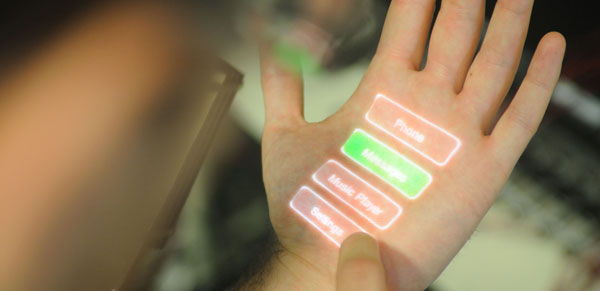Cognitive Scientists as Design Thinkers?
Sunday, August 8th, 2010The annual meeting of the cognitive science society starts on the 11th in Portland, Oregon. There are some workshops and tutorials that look to be of special interest to designers including an introduction to agent-based computer modeling for cognitive research and several others that deal with Bayesian inference. There are also many relevant (but highly theoretical) papers with designable insights into education, decision making and social cognition. A fairly complete version of the proceedings are already available online. (select the HTML version and scroll down to see links to abstracts and papers).
One thing that is notably missing from the entire program (as in years past) is focused attention on cognitive design. As this is a scientific conference on cognition, sometimes spilling over into cognitive engineering, the lack of focus on design is likely a programmatic decision.
No matter, I am planning to submit a proposal for tutorial or workshop to next year’s meeting focused on design thinking for cognitive scientists.
The goal is two fold. First to demonstrate that cognitive scientists can make a much bigger impact by directly contributing to innovation efforts involving the design of socio-technical systems to improve organizationation performance, products and services that impact mental processes and programs for improving brain health and enhancing cognitive performance. Second, cognitive design is ripe with many worthy research problems that are scientifically hard and hold great commercial potential. This session will be an undisguised attempt to accelerate the development of cognitive design by enlisting more direct participation of the cognitive science community.
If you are interested in developing and possibly co-presenting this type of workshop please contact me at mark.k.clare@gmail. com.










